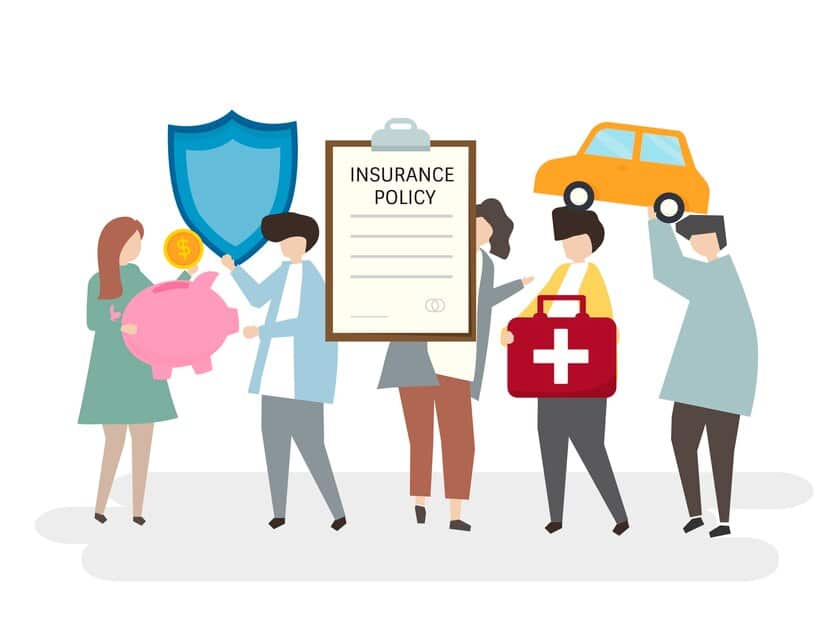Insurance is a critical component of financial planning, providing protection against unforeseen events that can lead to significant financial loss. However, simply purchasing an insurance policy is not enough; regular reviews are essential to ensure your coverage remains adequate and relevant to your evolving needs. This article explores the importance of regularly reviewing your insurance policies and the benefits it brings to individuals and families.
Why Regular Reviews Matter

- Changing Life Circumstances: Life is dynamic, and significant events such as marriage, the birth of a child, job changes, or moving to a new home can impact your insurance needs. Regularly reviewing your policies allows you to adjust coverage to reflect these changes, ensuring that you are adequately protected.
- Inflation and Rising Costs: Over time, the cost of living and replacement values for property can increase due to inflation. If your insurance coverage does not keep pace with these changes, you may find yourself underinsured in the event of a claim. Regular reviews help ensure that your coverage limits are sufficient to cover current costs.
- Policy Updates and New Offerings: The insurance market is constantly evolving, with new products, features, and discounts being introduced regularly. By reviewing your policies annually, you may discover new options that better meet your needs or more competitive rates from different providers.
- Identifying Coverage Gaps: As your life evolves, so do your risks. Regular reviews help identify any gaps in coverage that may have developed over time. For example, if you acquire valuable assets or start a home-based business, you may need additional coverage that wasn’t necessary previously.
- Maximizing Discounts: Many insurers offer discounts for various reasons—such as bundling multiple policies or maintaining a claims-free record. By reviewing your policies and discussing them with your agent, you can ensure you are taking full advantage of available discounts.
How to Conduct an Insurance Review
- Gather Your Policies: Start by collecting all relevant insurance documents, including auto, home, health, life, and any specialized policies.
- Assess Your Current Needs: Reflect on any significant life changes or future plans that may affect your insurance needs. Consider factors like family size, income changes, or new assets.
- Evaluate Coverage Levels: Review the coverage limits of each policy to ensure they align with current values and risks. Pay attention to deductibles and exclusions as well.
- Consult with an Insurance Agent: An experienced insurance agent can provide valuable insights into potential gaps in coverage and recommend adjustments based on your current circumstances.
- Compare Quotes: If you find that your current policies are no longer competitive or adequate, consider obtaining quotes from other insurers for comparison.
- Document Changes: Keep a record of any changes made during the review process for future reference.
Conclusion
Regularly reviewing your insurance policies is essential for ensuring that you remain adequately protected against potential risks while maximizing savings opportunities. By staying proactive about your coverage needs and making necessary adjustments over time, you can safeguard your financial future and provide peace of mind for yourself and your loved ones.
FAQs
1. How often should I review my insurance policies?
It’s advisable to review your insurance policies at least once a year or after significant life events (such as marriage or having children).
2. What should I look for during an insurance review?
Focus on coverage limits, deductibles, exclusions, discounts available, and any changes in your life circumstances that may impact your needs.
3. Can I change my coverage amount at any time?
Yes, most insurers allow you to adjust coverage amounts; however, this may require additional underwriting depending on the policy type.
4. What happens if I miss my annual review?
Missing an annual review may lead to inadequate coverage or missed opportunities for savings; it’s best to stay proactive in managing your insurance needs.
5. Are there penalties for changing my insurance policy?
Some insurers may charge cancellation fees; check with your provider for specific terms related to policy changes or cancellations.
6. How do I know if I’m underinsured?
If you experience a significant life change or if the value of your assets has increased since purchasing the policy, it’s wise to reassess whether you have sufficient coverage.
7. Can I switch insurers easily?
Yes! You can switch insurers at any time; however, ensure there are no gaps in coverage during the transition period.
8. What types of discounts should I look for?
Look for discounts related to bundling policies, claims-free records, safety features in vehicles or homes, and membership affiliations with certain organizations.
9. Do I need an agent to conduct a review?
While not required, consulting with an experienced agent can provide valuable insights into potential gaps in coverage and help navigate complex policy details.
10. How can I keep track of my insurance reviews?
Create a calendar reminder for annual reviews and keep organized records of all policy documents and notes from each review session for reference.

